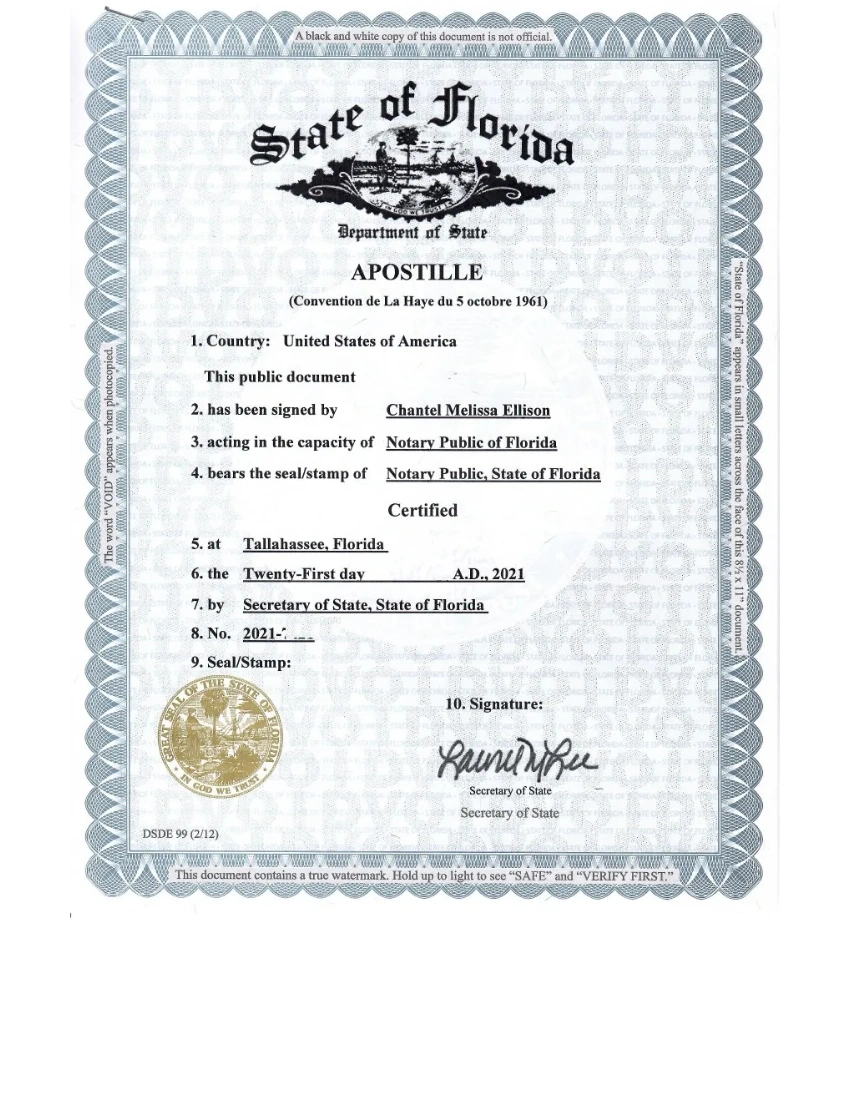Trusted Apostille Services in Houston, Texas - Quick Turnaround
Trusted Apostille Services in Houston, Texas - Quick Turnaround
Blog Article
Revealing the Essential Function of Apostille in Simplifying International File Recognition Processes
In the world of international events, the validation of records holds extremely important value. Amidst the internet of bureaucratic treatments and differing legal demands across various nations, the duty of apostille arises as a key facilitator in streamlining the procedure. By fastening an apostille to a paper, it undergoes a streamlined recognition that is identified throughout various countries, therefore relieving the concerns connected with cross-border paper authentication. As we look into the details of this specialized accreditation, the nuances between apostille and standard validation methods emerge, dropping a new viewpoint on the effectiveness and performance of this essential yet usually ignored procedure.
Comprehending Apostille Essentials
In the world of record validation for global usage, comprehending the fundamental concepts of apostille verification is vital. An apostille is a specific certificate that confirms the authenticity of a paper for usage in foreign nations that become part of the Hague Apostille Convention. Comprehending the fundamentals of apostille includes identifying that it does not validate the web content of the record yet rather licenses the signature and seal of the issuing authority. This accreditation simplifies the procedure of worldwide record recognition by guaranteeing that the document will be acknowledged as real in countries that are celebrations to the Apostille Convention.
Apostilles are typically provided for essential records such as birth certifications, marital relationship certificates, and scholastic transcripts. The crucial parts of an apostille include the name of the country where it was issued, the name of the person authorizing the record, the capability in which the individual authorized the document, the seal or stamp of the providing authority, and the day of issuance. By recognizing these essential aspects of apostille authentication, people and companies can browse the complexities of worldwide document recognition with confidence and effectiveness.
Advantages of Apostille for Recognition

In addition, the apostille simplifies the confirmation procedure by supplying a standard certificate that verifies the authenticity of the file, such as birth certifications, marriage licenses, notarized acts, and academic transcripts. This standard layout reduces the risk of rejection because of strangeness with international documents, hence boosting the efficiency of cross-border transactions.
In addition, the apostille helps in getting rid of the requirement for several layers of verification by government authorities, as the apostille itself represents the record's credibility. This not only increases the document recognition procedure but likewise reduces the connected expenses and governmental obstacles, making it a cost-efficient and hassle-free option for services and people taking part in international tasks.
Simplifying Cross-Border Record Authentication
Streamlining cross-border More Info record authentication, the apostille gets rid of the need for usually difficult and extensive validation procedures typically called for when presenting records in international nations. By attaching an apostille to a file, the releasing country certifies the credibility of the paper, making it easily acceptable in various other nations that are part of the Hague Apostille Convention.
Furthermore, the apostille system enhances the safety and trustworthiness of cross-border record validation by providing a clear and globally accepted device for verifying the validity of documents. This simplification of verification refines not only advantages individuals and services looking for to operate internationally but likewise fosters smoother interaction and collaboration between nations by making certain the integrity of common documentation.
Significance of Apostille in Legalization

Apostille makes sure that legal files such as birth certifications, marital relationship certifications, powers of attorney, and court papers are identified and approved in international territories. The apostille process minimizes the lengthy procedures and bureaucratic obstacles typically linked with file legalization, making global deals much more effective and legally binding.
Apostille Vs. Traditional Recognition Methods
Comparing apostille with standard validation approaches discloses distinctive differences in the performance and simplicity of paper verification processes for worldwide usage. Apostille, as a standard and streamlined technique developed by the Hague Convention, provides an extra simple approach to confirming documents contrasted to standard techniques. Typical validation processes frequently involve numerous actions, consisting of registration, accreditation by government authorities, and consular legalization, which can be time-consuming and cumbersome.
Apostille, on the other hand, simplifies this procedure by accrediting files with a single apostille certification provided by a skilled authority in the country where the file originates (Houston TX Apostille). This certificate is recognized by all member countries of the Hague Convention, eliminating the demand for more consular office legalization. Because of this, apostille considerably decreases the moment and effort required for record validation, making it a preferred choice for companies and individuals involved in international purchases
Verdict
Finally, apostille plays a critical function in streamlining international document recognition processes by providing a standard technique of verification that is acknowledged throughout taking part nations. By enhancing the legalization process, apostille eliminates the requirement for multiple layers of validation, minimizing time and costs connected with cross-border document authentication. This effective system advantages individuals and organizations seeking to utilize international documents for lawful functions, ensuring smoother international deals.
By fastening an apostille to a document, it undergoes a simplified validation that is recognized throughout numerous countries, thus easing the problems connected with cross-border file authentication. Simplifying cross-border document verification, the apostille removes the demand for extensive and frequently complicated validation treatments commonly called for when offering files in foreign nations. By attaching an apostille to a document, the releasing country certifies the credibility of the document, making it conveniently acceptable in various other countries that are component of the Hague Apostille Convention. By affixing an apostille to a record, the releasing country accredits the authenticity of the signature, seal, or stamp on the document, making it legitimate for usage in one more member country of the read this Hague Apostille Convention without the demand for additional legalization.

Report this page